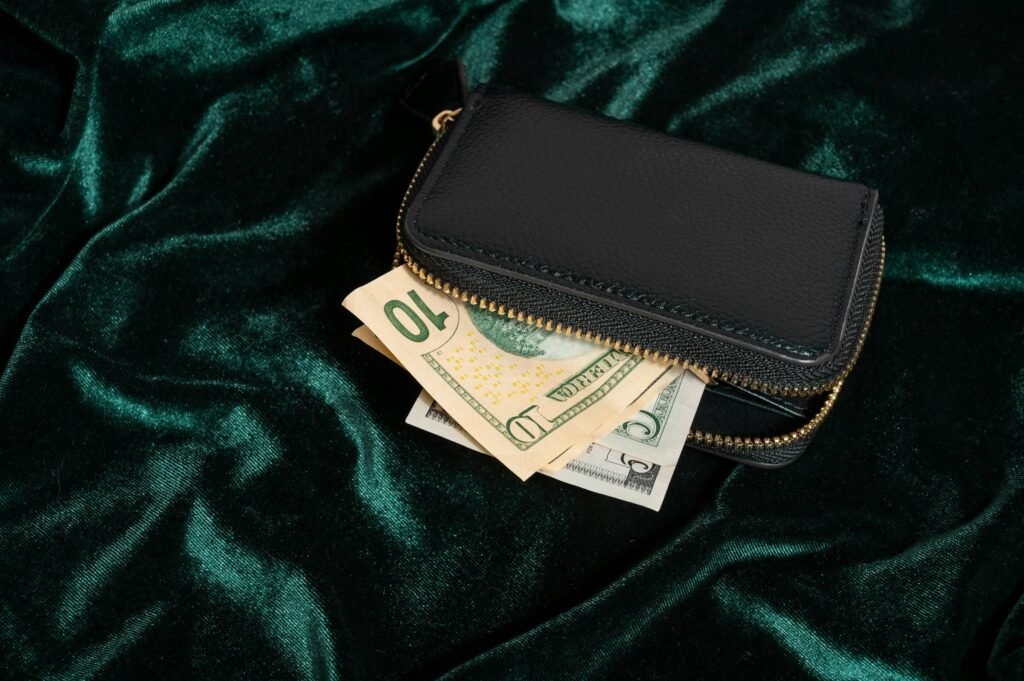Think about saving lots of of hours and hundreds of {dollars} every year—simply by proudly owning much less. These 20 stats present how.
Most individuals I do know need extra money and time. Generally, I can see why.
We’re stretched skinny—making an attempt to fulfill deadlines, pay payments, take care of our households, and nonetheless discover area for relaxation, pleasure, goal, and which means. The times really feel quick. The bills pile up. And it’s straightforward to consider that the one resolution is to work more durable, earn extra, or in some way match extra into an already full life.
However perhaps there’s a greater reply. What if the answer isn’t present in incomes extra, however in proudly owning much less?
Each merchandise we purchase has a value—and never simply in {dollars}. Our possessions value us time to earn, time to keep up, and time to handle. And the quickest technique to get extra money and time again into our lives is to pursue minimalism.
And it seems, the numbers again this up. Listed below are 20 statistics that present simply how a lot minimalism can change our on a regular basis by giving us extra time and more cash.
Cash
1. People waste $18,000 on “non-essential” bills every year (source)
2. Regardless of proudly owning sufficient clothes to type a median of 135 outfits, People spend a median of $1,445 yearly on garments and sneakers. (source)
3. On common, individuals spend $360 every year on jewellery, whether or not for gifting others or shopping for for themselves—regardless of already proudly owning 34 items of jewellery. Males, on common, spend extra on themselves than ladies do. (source)
4. Households spent $24 billion on toys yearly. Dad and mom spend a median of $240 on toys and video games yearly whereas grandparents spend $500. All whereas it’s estimated that 20-30% of toys are by no means performed with. (source)
5. People spend $14.6 billion yearly on house group. (source)
6. In the US, individuals throw away over $473 billion value of meals yearly—38% of all of the meals in America. (source)
7. Almost $10 billion in digital gadgets—comprising pc tools and gadgets, screens, and small digital home equipment—is thrown away yearly within the US alone. (source)
8. On common, People spend roughly $1,100 per 12 months on espresso from espresso outlets. (source)
9. Almost 25% of grocery buying {dollars} are spent on processed meals and sweets—that quantities to $125/month for the common American family. (source)
10. Within the US, customers spend a median of $150 monthly on impulse purchases. (source)
11. The common American spends over $1,000 a 12 months on subscriptions—$200 of it on pointless or unused subscriptions. (source)
Time
12. On common we spend two hours per day shopping for issues and taking good care of the issues we already personal. (source)
13. People spend almost two hours a day buying on-line at work. (source)
14. The common girl makes 301 journeys to the shop yearly, spending near 400 hours a 12 months buying. This quantities to eight.5 years spent buying throughout a typical lifespan. (source)
15. The median measurement of a brand new American house has grown to 2,338 sq. ft from 983 sq. ft in 1950, pushed partly by the necessity to retailer extra possessions, growing housing prices. (source)
16. 54% of People really feel overwhelmed by litter, with managing possessions elevating stress hormone ranges, significantly for moms, costing psychological well being and time. (source)
17. People spend greater than two full days on-line buying per 12 months. (source)
18. The common American now spends 2.5 days per 12 months (60 hours) in search of misplaced gadgets, costing households $2.7 billion yearly to exchange misplaced possessions. (source)
Extra
19. 81% of consumers are keen to extend their on-line spending buy simply to fulfill a retailer’s free delivery threshold. (source)
20. The nationwide common bank card debt amongst cardholders with unpaid balances in 2025 averaged $7,321 (with a lot of it tied to pointless purchases), which leads to an additional $120 billion in bank card curiosity and charges yearly. (source)
The info doesn’t lie: after we personal much less, we are able to save extra—each money and time. And with that, we acquire one thing much more priceless—margin to reside a greater, extra intentional life.
